Security and Fraud
Areti Bank International Inc.
Security Notice
It is important to Areti Bank to provide a safe and sound Online Banking experience for our customers. Please watch read the information below to help protect your online security.
Security
How We Protect Your Information
Our goal is to protect our customers and keep your online experience secure. We also give you information that can help you keep your personal information safe.
Here Are Some of The Ways We Protect You:
-
We employ state-of-the-art technologies to detect and prevent cyber intrusions.
-
Our Firewalls help block unauthorized access by individuals or networks.
-
The Secure Socket Layer encryption creates a secure connection with your browser when you login, or fill out an application, or register in online services.
-
We don’t and will not share your usernames and passwords with anyone.
-
We automatically log you out of your secure session after a period of inactivity to help protect against others seeing or using your online accounts.
-
We monitor activities for potential fraud.
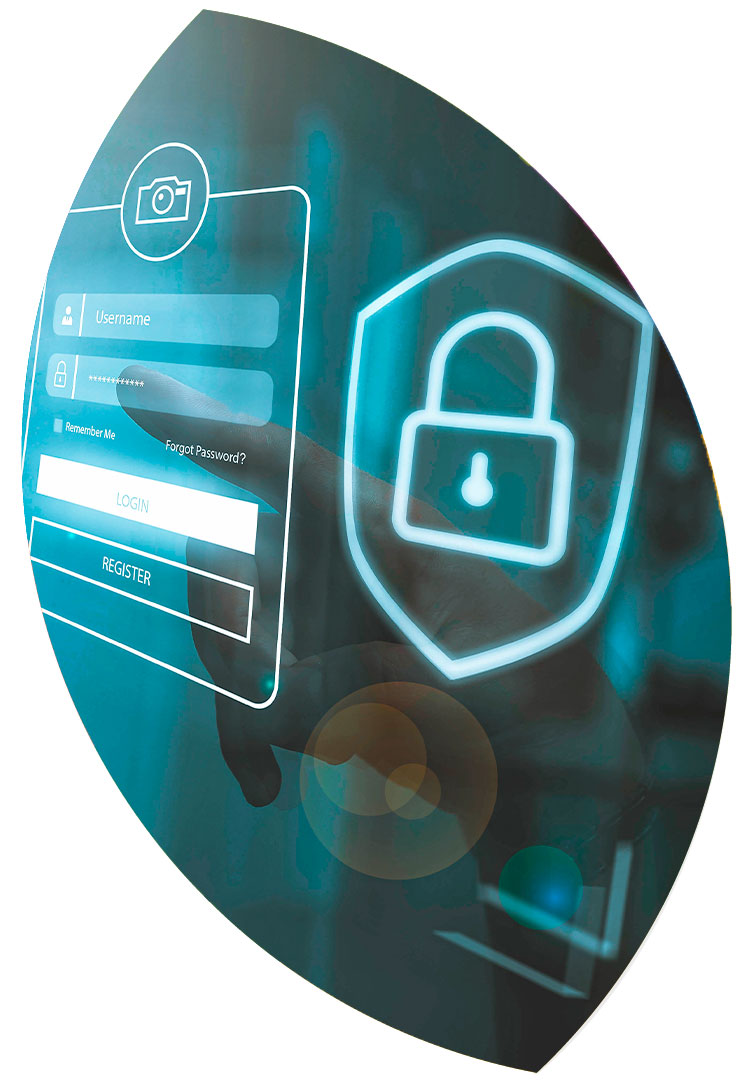

How To Report Identify Theft, Fraud, Or Suspected Lost Stolen Cards
For information regarding identity theft and fraud, how to protect yourself, and what to do if you believe you are the victim of identity theft or fraud, please refer to Protect Your Identity below for more information.
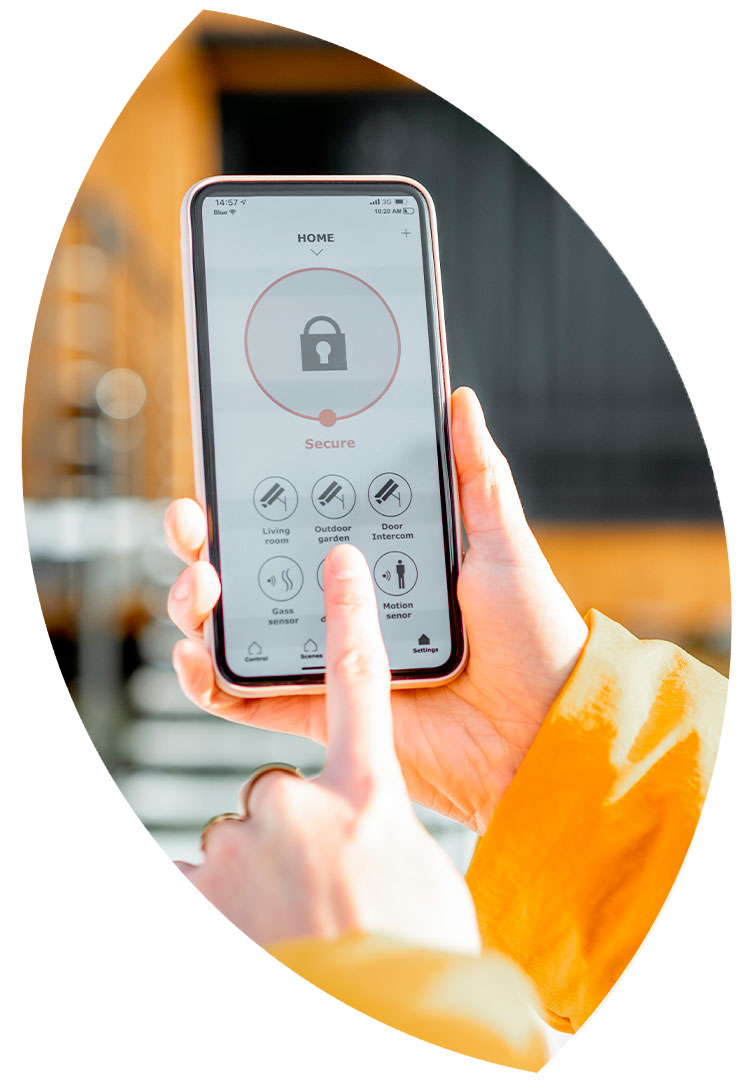

Protect Your Identity
While the incidence of Internet identity theft is growing, fraud experts agree individuals are more likely to become a victim of this federal crime by more traditional means, such as improperly discarding credit cards or other financial data. Here are some tips on how to avoid becoming an ID theft victim and what to do should you become a victim of identity theft.
Here are some steps you can take to protect your identity:
-
Never respond to unsolicited requests for your social security number (SSN) or financial data.
-
Before discarding, shred credit cards, ATM receipts and any pre-approved credit offers you have received, but don’t plan to use.
-
View your online account statements to detect fraud earlier and contact your financial institution immediately if you see anything suspicious.
-
Check your account activity frequently looking for anything unusual.
-
Use only secure sites when making online purchases. Secure pages begin with “https.”
-
Pay for online purchases by credit cards to assure you get what you paid for and limit your liability.
-
Consider signing up for a credit monitoring service that notifies you when changes are posted to your credit report. This is one of the fastest ways to identify if others open accounts in your name.
-
Safeguard your SSN, and check Earnings and Benefit statements annually for fraudulent use.
If You Have Become a Victim of Identity Theft, Immediately Take the Following Actions
-
File a police report.
-
Contact your banker.
-
Notify anyone with whom you have a financial relationship.
-
Tag accounts closed due to fraud, “Closed at the consumer’s request.”
-
Notify credit bureau fraud units.
-
Establish a password for telephone inquiries on credit card accounts.
-
Place a fraud alert statement on your credit report.
-
Request bi-monthly copies of your credit report until your case is resolved (free to fraud victims).
-
Report check theft to check verification companies.
-
Check the post office for unauthorized change of address requests.
-
Follow-up contacts with letters and keep copies of all correspondence.
Online Security
While we invest in the technology and processes to ensure we provide a secure environment for all of your financial transactions, data transmissions, and communications, we believe protecting your identity and personal information is a team effort. We recommend you also take steps to shield yourself and computer from fraudsters who may try to obtain your personal information electronically.
Here are some steps you can take to protect yourself:
Your identity is one of your most valuable resources. That is one reason why we want to help you take extra precautions to protect it. We recommend you help safeguard your identity and personal information by using effective password protection. Here are some suggestions for creating safer passwords and some cautions against weaker ones.
Tips for choosing more-secure passwords:
- Create original passwords that contain a combination of letters, numbers, and even special characters (#, &, %) if allowed.
- Use both capital and lowercase letters (if your password can be case sensitive).
- Do not reuse a password that you may have used for another website
- Choose a password you can easily remember, so you don’t have to write it down
- Change your passwords at least twice a year
- Ensure your passwords are at least eight characters.
- Avoid using:
- Your Social Security number
- Account numbers
- Phone numbers or addresses
- Birth dates or anniversaries
- Obvious or common nicknames
- Names of relatives or pets
- Common words from the dictionary
“Phishing” refers to fraudulent processes in which fraudsters attempt to obtain your personal information through electronic communications, such as emails, text messages, or instant messages. These messages appear to be from a trustworthy entity, such as a bank, insurance company, retailer, or regulatory agency. However, the messages are not legitimate. The fraudsters typically ask you to send your personal information to a website and then use that information to commit identity theft.
Remember, Areti Bank does not request personal information by email, text messaging, or instant messaging. Beware of any unsolicited emails that request personal information of any kind. Do not respond to any such emails, texts, instant messages, pop-ups, or links.
The following tips will help you spot fraudulent messages:
- The message title generally concerns an “urgent matter” that requires your immediate attention, such as “verifying” certain information to prevent the company from suspending or closing your account.
- The sender may ask for ATM or credit card numbers, personal identification numbers (PINs), sign-on IDs, and other personal information, such as your Social Security number, date of birth, or mother’s maiden name — all of which thieves can use to take over an account or commit identity theft.
- The sender’s name is usually generic, such as “Customer Service Department,” or is just the company’s name, such as “ABC Bank.”
- The message may look professional and official, often displaying the look and feel of a website that you know. It may even contain links or pop-up windows that have the appearance of legitimacy.
- The message may point you to a domain name that is spelled very close to or appears to be related to the legitimate domain name.
- The message may point you to a web page that is protected by Secure Socket Layer (SSL), better known as https.
Spyware, which includes keystroke loggers, screen and mouse recorders, and other types of malwares, allows distant hackers to extract sensitive data from your computer. These programs often slow down your computer and send harvested information to criminals.
Follow the tips below to protect your computer and private information from these dangerous programs:
- Never open any email attachments, web links, or files if the sender or source is not trustworthy or cannot be confirmed. This will help prevent spyware (which is designed to secretly access information) from being installed on your computer.
- Use the automated update wizards in your operating system to download and install the latest security patches.
- Install a firewall and anti-virus software with spyware protection on your computer. Use the automatic update options, and keep your subscriptions current, as fraudsters continue to develop new malware and viruses.
- Use email spam-filtering software.
- Avoid using public computers shared by many individuals to pay your bills, check your account balance, or transact business. If you do have to use a public computer, remember to log out of any websites completely and log off the computer.
- Always use encryption for wireless access.
Configure your mobile device to require a passcode to gain access and with auto-lock features. Whether you have an Android, Apple or some other kind of mobile device, only download apps that come from the official app stores such as the Apple App Store or Google Play Store. Always ensure that the apps you’re using are the latest versions. Similarly, you should always download and install updates to the phone’s operating system.
Pay attention to the web address (URL) of websites. A website may look legitimate, but the URL may have a variation in spelling or use a different address. If you are suspicious of a website, close your browser and contact the company directly by phone Do not click links on social networking sites, pop- up windows, or non-trusted websites. Links can take you to a different website than their labels indicate. Typing an address in your browser is a safer alternative. Only give sensitive information to websites using a secure connection. Verify the web address begins with https:// (the “s” is for secure) rather than just HTTP:// with no “s”.
We recommend you perform regular risk assessments to determine any potential exposure you may have related to Internet banking activities with an enhanced focus on “high risk” transactions. A sample risk assessment form is available below here. Please adopt your risk assessment/management program in light of your own operating environment, business type, market conditions, legal and compliance risk, control environment, and any other potential threats and risks application to your situation.
Watch Out for Signs of Fraud
-
You see unexpected charges on your account.
-
Your credit report shows accounts that are not yours or contains inaccurate information.
-
Bills or statements you still receive by US mail stop arriving. This could mean an identity thief has taken over your account and changed your billing address.
-
Your banking statement shows transactions that are significantly out of order.
-
You receive debit or credit cards without applying for them.
-
You are denied credit for no apparent reason.
-
You receive notice that you have been denied credit but did not apply for credit.
-
You receive calls or letters from debt collectors & businesses about merchandise you didn’t buy.
Know the Scams
If it sounds too good to be true, it probably is. Scams are not only limited to the internet. Criminals also use phone and email scams to gain personal information and commit fraud and identity theft.
Here are a few typical identity theft scams:
-
You are notified by phone, email, or letter that you won a prize or lottery, but you don’t remember entering it.
-
You are asked to pay money in advance for “administration fees” or “taxes” prior to receiving a prize or winnings.
-
You are promised to receive a huge sum of money in return for using your bank account to send or receive money.
-
You are promised to make extra money working at home in return for using your bank account to send or receive money.
-
You are required to pay a fee in advance to stop foreclosure, modify a loan, or receive advice from a company or individual to stop paying your mortgage. The FTC provides an informative video on this subject at http://www.consumer.ftc.gov
The best way to verify calls or emails received regarding your finances is to contact your financial institution directly. Locate the contact information on one of your statements or other materials from the company.
For more information on Internet safety visit OnGuard Online (http://www.onguardonline.gov). This is a Federal Trade Commission (FTC) maintained site that provides practical tips on how to guard against Internet fraud, secure your computer, and protect your personal information.
Protect Yourself from Scam Emails
Scam emails, also known as “phishing emails,” are designed to steal your personal information. Here’s what to watch out for:
- Do you know the sender? If you don’t know the person, don’t click the links or download attachments. Double-check the sender email to make sure it’s legitimate.
- Does it request personal information? If an email outright asks for personal information, it’s likely a phishing attempt. If you need to give a company your personal information, you can call them directly or use their secure messaging portal.
- Is it urgent? Scammers will often create a sense of urgency to manipulate you into sending private information over email. Here’s a hint: the IRS and FBI will never demand private information via email.
Whenever you encounter these emails, delete them immediately – do not click the attachments and do not click the links.
Protect Yourself from Scam Emails
Scam emails, also known as “phishing emails,” are designed to steal your personal information. Here’s what to watch out for:
- Do you know the sender? If you don’t know the person, don’t click the links or download attachments. Double-check the sender email to make sure it’s legitimate.
- Does it request personal information? If an email outright asks for personal information, it’s likely a phishing attempt. If you need to give a company your personal information, you can call them directly or use their secure messaging portal.
- Is it urgent? Scammers will often create a sense of urgency to manipulate you into sending private information over email. Here’s a hint: the IRS and FBI will never demand private information via email.
Whenever you encounter these emails, delete them immediately – do not click the attachments and do not click the links.
Keep Private Info Private
To protect yourself from scammers and hackers, guard your personal information with the utmost privacy. This includes passwords, credit card numbers, social security numbers (SSN), account numbers, and other information that can identify you.
Under no circumstances should you ever share such information over email. If you ever need to speak to the Areti Bank team about account issues, give us a direct call or send us a message through our secure messaging portal in online banking.
Protect yourself offline
You can reduce your chances of falling victim to fraud and identity theft with the help of these everyday safety tips.
Secure Your Personal Information
Only carry the identification you need on a daily basis in your wallet, purse, or briefcase. Don’t carry your Social Security card with you. It’s a good idea to make copies of all of the information that you carry (credit cards, driver’s license, and insurance cards) and keep the copies in a secure place such as a safe, locked drawer, or safe deposit box. If they are stolen or you lose them, you’ll have a record of who to call.
Protect Your Social Security Number
Be cautious when asked for your Social Security number. Always verify the reason it is required. Never write your Social Security number on your checks. Keep documents that contain your Social Security number in a secure place such as a locked drawer.
Manage Your Mail Carefully
Always shred documents that contain personal information instead of placing them in your trash can or recycling bin. This includes pre-approved credit card offers. Criminals look for personal information in trashcans and use it to access your accounts or open new accounts using your identity.
Use Caution at the ATM
Be aware of your surroundings at the ATM. Make sure others cannot see the keypad while you’re entering your PIN. If you do print a receipt, take it with you and keep it in a safe place. The receipt may contain information about your account balance and a partial account number, which may be used for fraud. When you’re done with your receipts, shred them.
The Safety of Your Identity Is Our Top Priority
In addition to our state-of-the-art encryption technologies, Areti Bank uses industry-leading security practices to guard your personal information.
Electronic Documents
All Areti Bank documents are encrypted and stored in our Secure Message Center where they can only be accessed by the account holder.
Fraud Alerts
Areti Bank proactively monitors your account for any unusual activity, and if we see anything suspicious, we will contact you to let you know about it right away.
Dedicated Fraud Specialists
Just let us know in the event of any fraudulent activity, and we will assign a specialist until all your issues have been resolved.
We also recognize how important it is to protect your identity from unlawful use and shield your accounts from fraud and unauthorized access. With that in mind, we want you to know it is not our practice to ask for your Areti Bank Online User ID or password in an email.
Further, you can be assured that it is not our practice to
- Send an email that requires you to enter personal information directly into the email.
- Send email threatening to close your account if you do not take the immediate action of providing personal information.
- Send an email asking you to reply by sending personal information.
- Share your name with any contacts outside our firm in a manner inconsistent with our Privacy Policy.
- Our bank, other financial institutions and regulatory agencies (i.e. OCIF,FDIC, OCC, etc.) will never request sensitive information via SMS.
- With those things in mind, please exercise caution when reading an email that may appear to have been sent by us.
How To Report Fraud
If you might have inadvertently compromised your Areti Bank account, it’s important you speak with us immediately. The sooner we know what has happened, the sooner we can begin helping you. Please call us now at 1-800-278-8425.
Dedicated Fraud Specialists
We strongly encourage you to call us immediately if you think your Areti Bank account has been put in jeopardy. If, for some reason you prefer to contact us electronically, please forward the suspicious email to cx@areti-portal-dev.azurewebsites.net. Please include the account holder’s name, zip code and phone number so we can easily identify you.
Children’s Online Privacy
Areti Bank does not knowingly collect, use or disclose personal information from children under age 13 without obtaining verifiable parental consent. Our website is directed to a general audience and may be accessed by the public. Should a child whom we know to be under 13 send personal information to us, we will only use that information to respond to a one-time request from the child, provide notice to the child’s parents, or ensure the safety of the child. Parents can be proactive and limit web site access to their children by installing filtering software.
Children’s access to the Internet can permit them to visit inappropriate web sites and be exposed to unnecessary risks. The Children’s Online Privacy Protection Act (COPPA) protects children under the age of 13 from the online collection of personal information. For more information about COPPA, visit the Federal Trade Commission website: www.ftc.gov.

